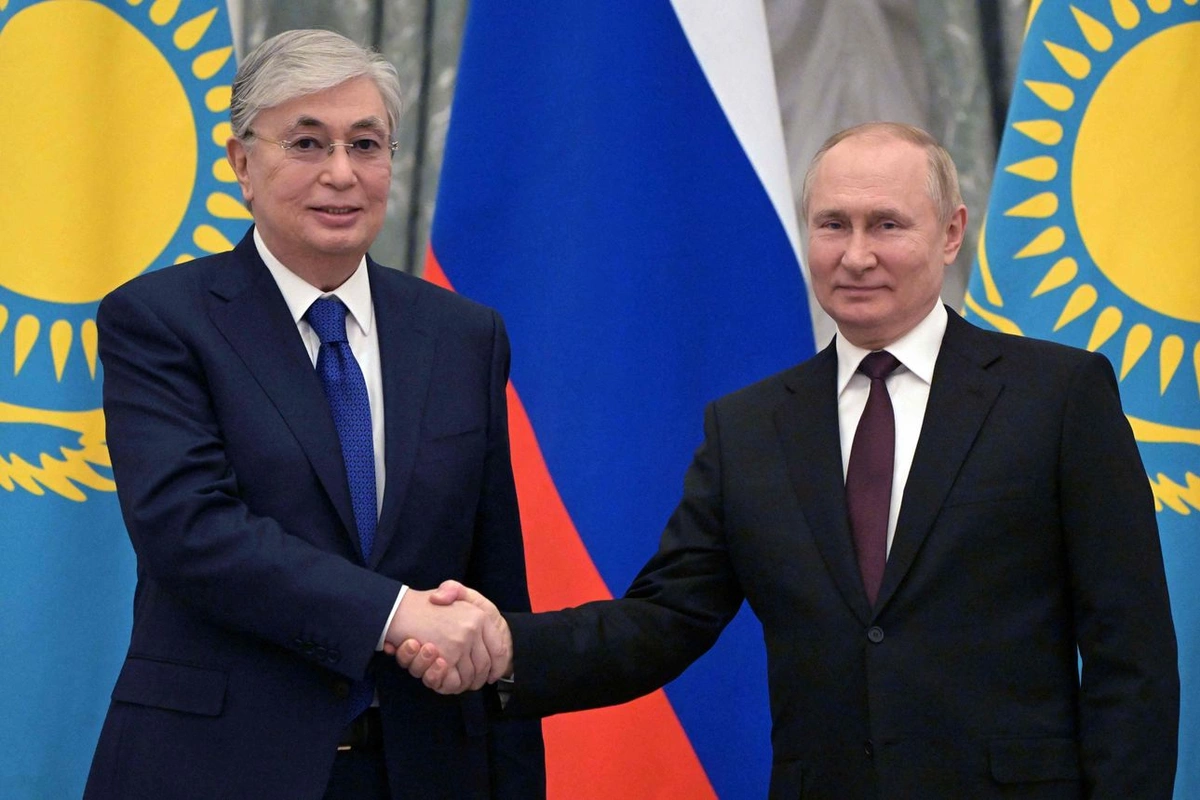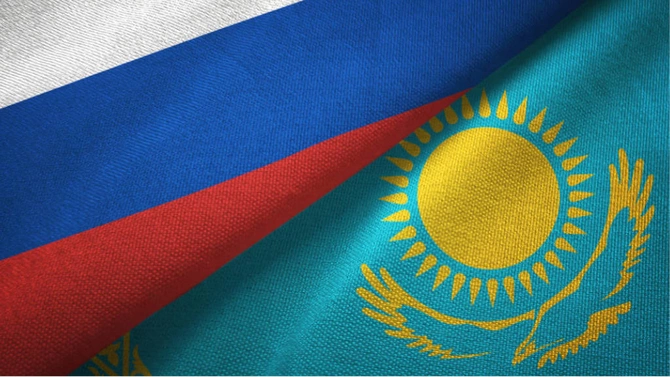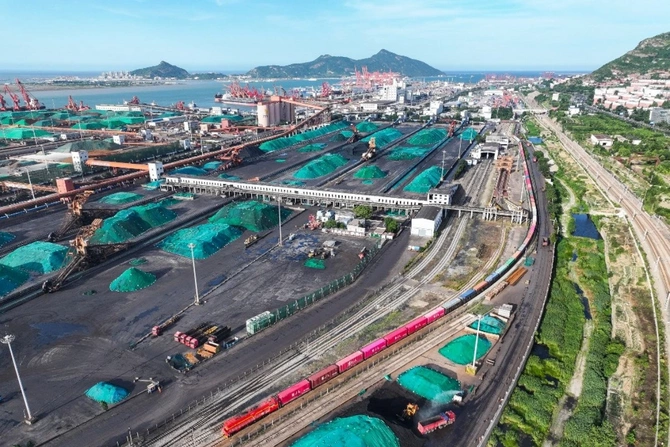
Photo credit: Caspian news
In recent years, Kazakhstan has confidently solidified its status as one of Russia’s most important economic and strategic partners. In the context of profound changes on the global stage and shifts in the international economic order, Kazakhstan has emerged as a reliable and friendly gateway for Russia, offering access to new logistical corridors and fresh investment opportunities.
Amid escalating global turbulence, Kazakhstan has demonstrated remarkable diplomatic agility, maintaining a careful balance between the world’s leading powers-including the People’s Republic of China, the Russian Federation, the United States of America, and the European Union-while preserving its long-standing multi-vector foreign policy. Within this framework, Russia’s role as Kazakhstan’s closest neighbor and partner in the Eurasian Economic Union not only remains highly significant but is becoming even more pronounced. Today, the relationship between the two countries is evolving to a higher level, encompassing critical sectors of the economy and infrastructure, and shaping a long-term vision for sustainable bilateral cooperation.

Recent developments in Kazakhstan’s foreign investment landscape reveal an intriguing and somewhat paradoxical trend. On the surface, official statistics suggest a decline in the number of registered businesses with Russian participation. Over the past few years, this number has visibly decreased. However, in a seemingly contradictory development, the total volume of Russian investments in Kazakhstan has been on the rise.
This growth can be attributed largely to Kazakhstan’s membership in the Eurasian Economic Union, which provides Russian businesses with access to a common market free of customs duties and trade barriers. In response to sanctions imposed by Western nations and restricted access to European and American markets, Russian companies have intensified their economic presence in member states of the Eurasian Economic Union, with Kazakhstan emerging as a key partner in this regional strategy.
It is worth emphasizing that Kazakhstan has successfully maintained a multi-faceted foreign economic policy. Since the year two thousand twenty, China has become Kazakhstan’s largest trading partner in terms of trade turnover. However, this achievement has not weakened Kazakhstan’s long-standing partnership with Russia. On the contrary, Kazakhstan has managed to deepen its cooperation with several major global players simultaneously, including China, Russia, the United States, and the European Union. This diplomatic and economic balancing act has enabled Kazakhstan to attract investment into a wide range of sectors, spanning from mining and natural resources to energy production and international logistics.
One of the most promising areas of cooperation between Kazakhstan and Russia is the development of rare earth metals and uranium mining. Kazakhstan is already recognized as a global leader in uranium production, accounting for approximately forty percent of the world’s supply. In recent years, Kazakhstan has taken strategic steps by acquiring significant stakes in uranium mining enterprises, further strengthening its control over this vital resource.
Russian companies have shown particular interest in participating in Kazakhstan’s uranium sector, as well as in the ambitious project to build the country’s first nuclear power plant. An official announcement regarding the selection of a contractor is expected in the near future, and all indications suggest that a Russian company is likely to be awarded this project. The construction of the nuclear power facility will require an investment of several tens of billions of United States dollars and will become a cornerstone of Kazakhstan’s future energy strategy.
Agricultural cooperation is also gaining momentum. Kazakhstan is increasingly serving as a strategic transit hub for Russian grain shipments to Afghanistan and other countries in South and Southeast Asia. Russian agribusinesses are actively purchasing Kazakh grain for re-export to these markets, a development of particular importance amid the ongoing global food crisis.
Another area of strategic importance is the transformation of global logistics. Due to the ongoing military conflict between Russia and Ukraine, traditional overland trade routes from China to Europe via Russian territory have become significantly less attractive. In response, Kazakhstan has proposed an alternative-the Trans-Caspian International Transport Route, commonly referred to as the Middle Corridor. This route offers a viable solution for transporting goods from China through Kazakhstan, across the Caspian Sea, and onward via Azerbaijan and Georgia to European markets, effectively bypassing the obstacles posed by international sanctions.

An aerial drone photo taken on June 26, 2024 shows an international freight train pulling out of the China-Kazakhstan (Lianyungang) Logistics Cooperation Base / Photo: AFP/Xinhua/Ji Chunpeng
Furthermore, Russia is actively developing southern trade routes through Kazakhstan to access the Iranian market. These routes offer several strategic options, including direct shipments across the Caspian Sea, transit through Azerbaijan and the broader South Caucasus region, and overland routes through the countries of Central Asia. All these alternatives help Russia mitigate logistical risks and expand its export potential in response to the rapidly evolving geopolitical landscape.
Against this backdrop, three major strategic priorities can be identified in the growing partnership between Kazakhstan and Russia. First, the development of transport and logistics corridors, including the Middle Corridor and routes leading to Iran and South Asian markets, holds significant promise. Second, the joint implementation of energy projects, particularly the construction of Kazakhstan’s first nuclear power plant, represents a transformative step toward energy security and technological advancement. Third, the expansion of strategic resource extraction, including uranium and rare earth metals, is vital for enhancing the technological sovereignty and industrial competitiveness of both nations.
In conclusion, Kazakhstan and Russia are entering a new era of cooperation that encompasses several key sectors of mutual interest. In a world increasingly defined by uncertainty and geopolitical upheaval, such strategic partnerships offer a foundation for sustainable growth, economic resilience, and long-term stability for both countries.
Share on social media